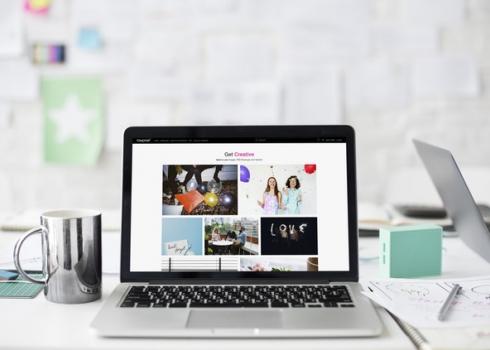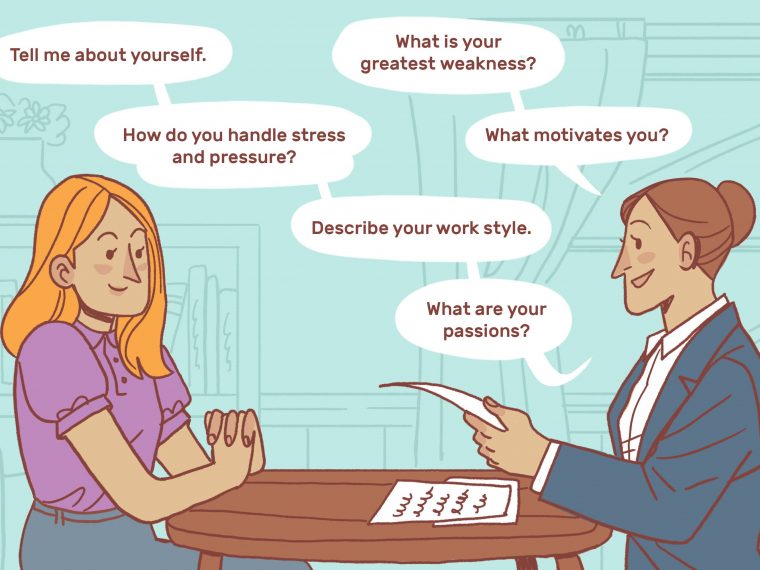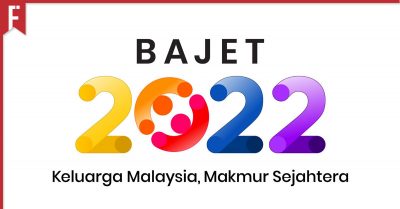
According to zety.com, on average, each corporate job offer attracts 250 resumes. Of those candidates, four to six will get called for an interview, and only one will get the job. And I heard you just landed an interview with your company of choice? That’s amazing! Great job! That means you’re almost there. Now you just have to get through the interview process.
And unlike previous interviews that you’ve been to these past few years, this particular one requires you to physically show up. It’s been a hot minute, hasn’t it? So yeah, it’s natural that you’re more than a little nervous.
It’s been a while since you had to put on pants for an interview, huh? But don’t worry, don’t fret. Let me help you out the best I can because hey, I’ve been through my fair share of successful and failed interviews. So, here’s a bunch of things you need to take into account before you bite the bullet.
Dress Appropriately

This goes without saying that you have to dress to impress. I know you’ve been stuck at home for two years and lost all feeling of dressing yourself (because honestly, same here), but as much as you dread having to dress up, it’s still very much important.
First impressions are everything. That’s not to say you have to dress super fancy — just well enough that it makes your interviewer take you seriously. You don’t want to show up at your job interview with your wet hair and unironed button down, do you?
Dressing professionally for work is more than just about looking professional; it also shows that you understand that standards exist and there are expectations that must be met. Dressing adequately for the situation demonstrates that you respect the company, and that you are willing to follow workplace directives, even if you believe you should be judged on your skills and abilities rather than your looks.
Use Your Words — The Professional Ones

On top of dressing well, you also have to be well spoken. Articulate your words properly, do not mumble, look your interviewer in the eye when you’re talking to them and use minimal gestures, if you can. It’s a lot, I know. But don’t worry, this is a “practice makes perfect” occasion.
What I mean by that is that you should try to familiarise yourself with using some “professional” and formal words and making sure to not use any words that are vulgar or inappropriate when you talk to your interviewer.
I don’t mean that from the moment you get the email for an interview until the day of your interview you have to speak formally, that’s kind of a bit much (but hey, if it works for you and you think it’ll help land you a job, what’s the harm in trying?), but maybe tone down on the bahasa pasar. Your interviewer’s impression of you shouldn’t be that you’re the person that speaks to them like you’ve been best friends for 10 years. Yes, be friendly, but also know your limits. You’re in a professional setting after all, wouldn’t you want the interviewers to think that you’re good with your words?
Have A Portfolio Ready

Sometimes, actions speak louder than words. So if you have any work that you’ve done in the past that you’re particularly proud of, put them in a folder and bring them to the interview with you. Sure, you already have your resume but in order to stand out from the crowd, you can’t just tell the interviewer about your skills. You have to show them how good you are too. You say you’re a good teacher? Bring along some sample lesson plans for them to check out. You say you’re a great artist? Show them your paintings and drawings for your interviewers to look at. You’re a great writer? Show them samples of your work from your previous job or you can even link them to your blog if you have one.
Having a portfolio helps you go a long way into solidifying your resume. It sucks to say but it’s hard out there in the job interview world. So to make sure that you’re taking all necessary steps in order to ace your job interview, having something tangible that your interviewers can look at is definitely a plus.
I say this because I’ve once been in an interview where the interviewer asked to see my “credentials” and “work of the past” and I had just stared at them blankly. When I told them that I had already informed them about it in my resume, they had said, “Oh, so I’m just going to have to take your word for it?” That kind of made me speechless because although I was offended, it also struck me that they were right to ask for proof. Why should they believe me just because I told them? It’s better to show them the whole thing and elaborate on them when asked.
Prepare To Answer Questions

There are certain questions that interviewers ask that might fluster you and you start thinking, “is this a trap?” So the best thing is for you to look at some common interview questions and practice answering them.
Some examples of questions that are asked are:
1. Why did you decide to apply for this position?
2. What do you know about this company?
3. Why should we hire you?
4. Are you a team player?
5. Give an example of how you handled a challenging situation in your previous workplace
Not all of them are asked during interviews, but you should always be prepared for them. One of those questions is “What’s your weakness?” We get that you’d want to impress your interviewers but if you answer that with “I have no weaknesses”, no one’s going to believe you.
The trick is to pick something that you struggle with and turn that into something positive. For example; “I’m an introvert who works very well by myself but admittedly struggles in a group setting. However, I am working on that and hope to experience a good work friendship between my future colleagues and I so that I can be familiar and more comfortable in working with others for the betterment of my and the company’s future.” See how simple that was? I just made that up at the top of my head.
It doesn’t have to be just that. You can pick any weakness, really. But it has to be something that’s believable and not just a random one like “I’m lactose intolerant.” No one cares about your bowel issues when you’re in line for a job position, that’s a story for another day.
Be Honest

But not too honest. Don’t dump your heart’s content out to your interviewers, that’s just weird. When I say “honest”, I mean more like “answer any questions truthfully”. That’s not saying that you can’t stretch the truth a little here and there because let’s be honest, it’s pretty boring if you just give them standard answers. Not all interviews have to be super serious all the time.
I remember that I had an interview once where the interviewer had requested that I tell them an impromptu story based on a recent event I had that made me decide to switch jobs. It was challenging but prompted my creativity and it also helped that the interviewers loved my honesty and thought that my answer was funny and entertaining.
Bonus: You Should Ask Questions Too

I cannot urge you enough to ask questions. How will you know if you’re going to be having the full work experience at your new company if you don’t ask them about what matters to you? If there are any questions that you have regarding the company that you’d like for them to clarify, there’s no harm in asking. Just make sure you use a polite tone while you’re asking it.
You also have to be cautious in the way you ask your questions. If you have anything that you’re curious about, be it the overtime hours, parking fees, if there are any allowances and whatnot, please, the best time to ask is during your interview — not after you sign your contract. They won’t think you’re overstepping or being inappropriate if you ask about a the possibility of salary increase in the future or how high your position will go or even how you did during the interview. It’s alright. Just ask.
Good Luck In Your Interview, Folks!
Times are rough at the moment and I understand the struggle and pressure that comes with going to interviews after interviews. The anticipation of the results and mulling over your mistakes. Or the constant thoughts of “ugh, I shouldn’t have said that” and “did I get the answer wrong?” or even “they’re not going to call me back, I was too weird in there” after the interview’s long over. But that’s just how life is. You face a milestone and you just… anxiously wait.
And once you get that call, which you will, everything will just fall into place. Don’t you worry so much.
But even today, not all job interviews are going to be in person. If you’re going for an online job interview instead, be sure to check out:
How To Ace A Virtual Interview in 7 Steps









